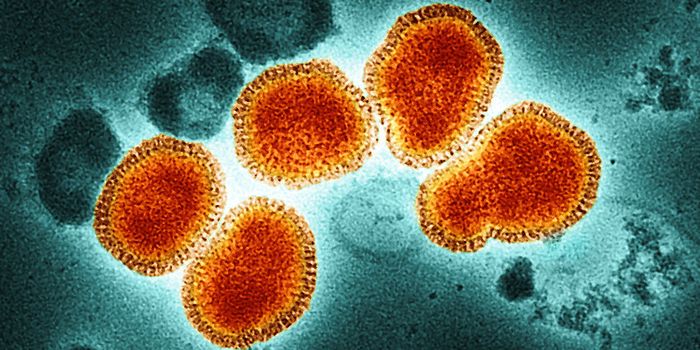Lower Your Family's Risk of Allergies and Obesity with a Pet
Does owning a family pet decrease the risk of your baby developing allergies and becoming obese? Maybe. Building on years of research looking for connections between pets and lower risk of certain diseases, University of Alberta scientists come forward with promising results from their new study.
Pediatric epidemiologist Anita Kozyrskyj and her team of researchers analyzed fecal samples collected from infants; their study is based on a dense body of research that connects babies born into families with pets, a large majority being dogs, to a lower risk of allergic disease and obesity. The connection is this: an increase in the level of two types of healthy bacteria, Ruminococcus and Oscillospira.
Past research links Ruminococcus and Oscillospira to reduced risk of childhood allergies and obesity, respectively. The relationship between a healthy gut microbiome and a healthy immune system is also commonly studied.
The theory is that early life exposure to dirt and bacteria carried on the paws and in the fur of animals can boost immunity, but researchers are not sure where the bacteria originates. Kozyrskyj even mentions the possibility of “dog in a pill.” "It's not far-fetched that the pharmaceutical industry will try to create a supplement of these microbiomes, much like was done with probiotics," she said.
Also, Kozyrskyj says, there is a critical window of time to consider, “when gut immunity and microbes co-develop, and when disruptions to the process result in changes to gut immunity.” Exposure to pets in the womb up to three months after birth is the critical window where it makes the biggest life difference.
The immunological boost babies receive in response to pet exposure, whether because of dirt, bacteria, or something else is something scientists will continue to try and understand. For example, there is also evidence for pet exposure reducing a newborn’s risk of pneumonia from vaginal group B strep, and there might be many more positive health-preventative aspects of having a family dog.
This study was recenty published in the journal Microbiome.
Source: University of Alberta Faculty of Medicine & Dentistry









